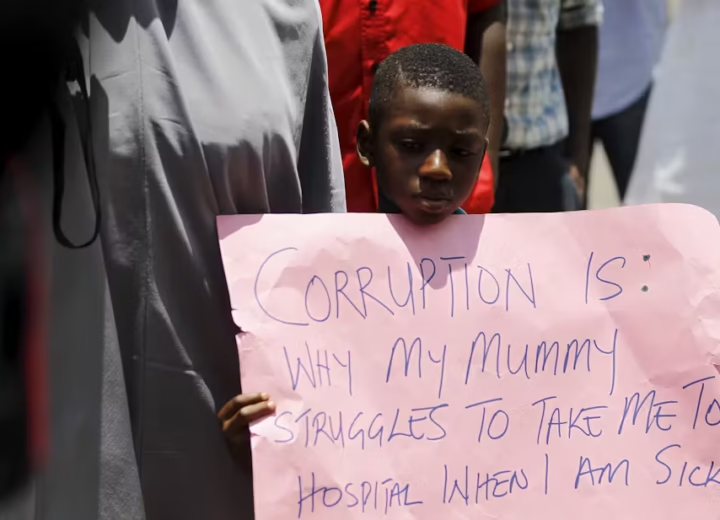In an era driven by technology and information, data has become a powerful tool for understanding and shaping the world around us. In Nigeria, a country grappling with numerous challenges, leveraging data to drive change and transformation has become more important than ever. This article explores the potential of crowd-generated insights and data-driven approaches in revolutionizing Nigeria’s future.
Data is the lifeblood of decision-making, enabling policymakers, businesses, and individuals to gain valuable insights and make informed choices. By harnessing the power of data, Nigeria can unlock new opportunities, address systemic issues, and drive positive change. The democratization of data, particularly through crowd-generated insights, has the potential to revolutionize how we tackle complex societal problems.
Crowdsourcing, the practice of obtaining information or ideas from a large group of people, has gained traction as a powerful method for data collection. Through digital platforms, social media, and mobile applications, Nigerians can actively participate in generating data that reflects their experiences, needs, and aspirations. This collective wisdom can provide valuable insights for policymakers, researchers, and organizations seeking to address pressing challenges.
Nigeria faces a myriad of societal issues, from healthcare access and education to unemployment and corruption. By leveraging crowd-generated data, stakeholders can gain a comprehensive understanding of these problems and develop targeted solutions. For example, through online surveys or mobile data collection tools, citizens can provide real-time information about service delivery gaps, corruption hotspots, or community needs. Such insights enable policymakers to design evidence-based policies and interventions that address the root causes of these issues.
Data-driven approaches not only enable citizens to contribute to the decision-making process but also empower them with a sense of ownership and agency. By actively engaging citizens in data collection and analysis, Nigeria can foster a culture of civic participation and encourage citizens to take a proactive role in shaping their communities. This not only strengthens democracy but also ensures that policies and interventions are better aligned with the needs and aspirations of the people.
One of the key benefits of crowd-generated data is its potential to inform evidence-based policymaking. By combining traditional sources of data with citizen-generated insights, policymakers can gain a holistic view of societal challenges and design targeted interventions. For instance, data on education quality, healthcare access, or infrastructure gaps can guide resource allocation and policy formulation, leading to more effective and impactful outcomes. While the potential of crowd-generated data is immense, there are challenges to overcome. These include ensuring data accuracy and reliability, protecting privacy and security, and bridging the digital divide to ensure inclusivity. It is crucial to establish robust mechanisms for data verification, implement ethical standards for data collection, and prioritize digital literacy and connectivity to ensure that everyone can participate in the data-driven revolution.
The success of a data-driven revolution relies on collaboration among diverse stakeholders. Governments, civil society organizations, academia, and technology experts must work together to create an enabling environment for data collection, analysis, and utilization. Partnerships can be forged to develop user-friendly data platforms, provide training on data literacy, and promote data-driven initiatives that addressNigeria’ss most pressing challenges.
In an era where data has become a valuable currency, Nigeria has the opportunity to leverage crowd-generated insights for transformative change. By harnessing the collective intelligence of its citizens, Nigeria can gain invaluable insights into societal issues, inform evidence-based policies, and empower communities. The data-driven revolution holds the potential to transformNigeria’ss future, driving innovation, inclusivity, and sustainable development. With collaborative efforts and a commitment to harnessing the power of data.





